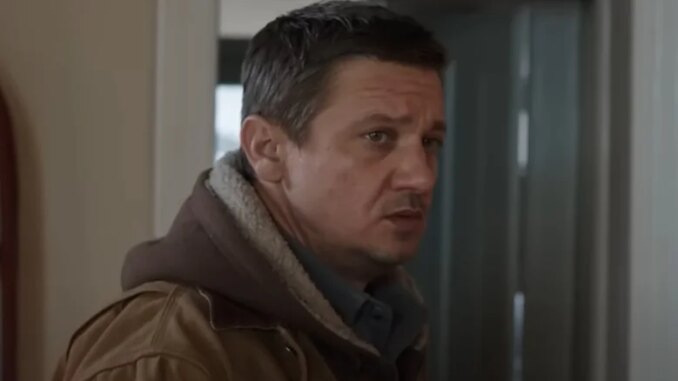
The Dust and Diesel Mythos: How Sheridan's Neo-Western Conquered Netflix
The screen flickers, and instantly, a familiar world unfurls. It's a landscape of vast horizons, where the sky stretches endlessly and the earth holds secrets both ancient and brutal. But look closer, and the lone horseman might be replaced by a diesel pickup, the saloon by a corporate office, and the six-shooter by a semi-automatic. This is the new American frontier, a place Taylor Sheridan has meticulously carved out of the modern consciousness, first with the sprawling epic of "Yellowstone," and now, with a new neo-western, he’s taken over Netflix's top charts, proving the enduring power of his particular brand of gritty, morally complex storytelling.
Sheridan, a modern-day mythmaker, possesses an uncanny ability to tap into the archetypal struggles that have defined the American West for centuries, then recontextualize them for a disillusioned 21st-century audience. His signature is unmistakable: stunning cinematography that elevates the natural world to a character in itself, dialogue sharp as a hunting knife, and protagonists etched with the weariness of hard lives, their moral compasses often skewed by necessity, not malice. This particular Netflix hit, though set in a contemporary landscape of flickering smartphones and corporate greed, hums with the same primal energy that fuels his other works. We see it in the protagonist, a figure perhaps not as overtly powerful as John Dutton, but equally bound by a personal code, driven by a deep-seated connection to land or family, and willing to cross lines others wouldn't dare.
What makes this new venture so compelling is its masterful blend of classic Western iconography with the stark realities of today. The traditional "good vs. evil" narrative is replaced by shades of grey, where heroes are flawed and villains often operate under their own twisted sense of justice. Instead of cattle rustlers, we find drug cartels and powerful, indifferent corporations encroaching on sacred ground. The "last stand" isn't just about defending a homestead; it's about protecting a way of life, an identity, or a legacy from forces far more insidious than a band of outlaws. A quiet, stoic hero, accustomed to the solitude of the open range, now navigates a world of surveillance cameras and digital footprints, yet his core struggle remains timeless: the fight for autonomy in a world that constantly seeks to diminish it.
The popularity of this neo-western isn't just a testament to Sheridan's directorial prowess; it speaks to a collective craving. In an increasingly interconnected and often impersonal world, there’s a yearning for narratives rooted in tangible struggle, where the stakes are life and death, and consequences are brutal and immediate. Sheridan’s worlds are dangerous places, but they are also deeply human, populated by characters who feel authentic, who bleed, mourn, and rage with a visceral honesty. The dusty roads, the expansive, indifferent skies, and the quiet moments of contemplation are all illustrations of a soul grappling with a world in flux, a world that feels both untamed and utterly controlled.
Ultimately, the phenomenon of this Netflix hit, directed by the "Yellowstone" creator, is more than just another trending show. It's a cultural touchstone, illustrating that the American West, in its many iterations, remains fertile ground for storytelling. Taylor Sheridan has not merely directed a series; he has once again conjured a potent cocktail of tradition and modernity, violence and beauty, despair and resilience. In doing so, he reminds us that while the horses may have traded their reins for steering wheels and the saloons for dive bars, the fundamental human drama of survival, loyalty, and the enduring spirit of the frontier continues to captivate and conquer our collective imagination, one top-charting episode at a time.
